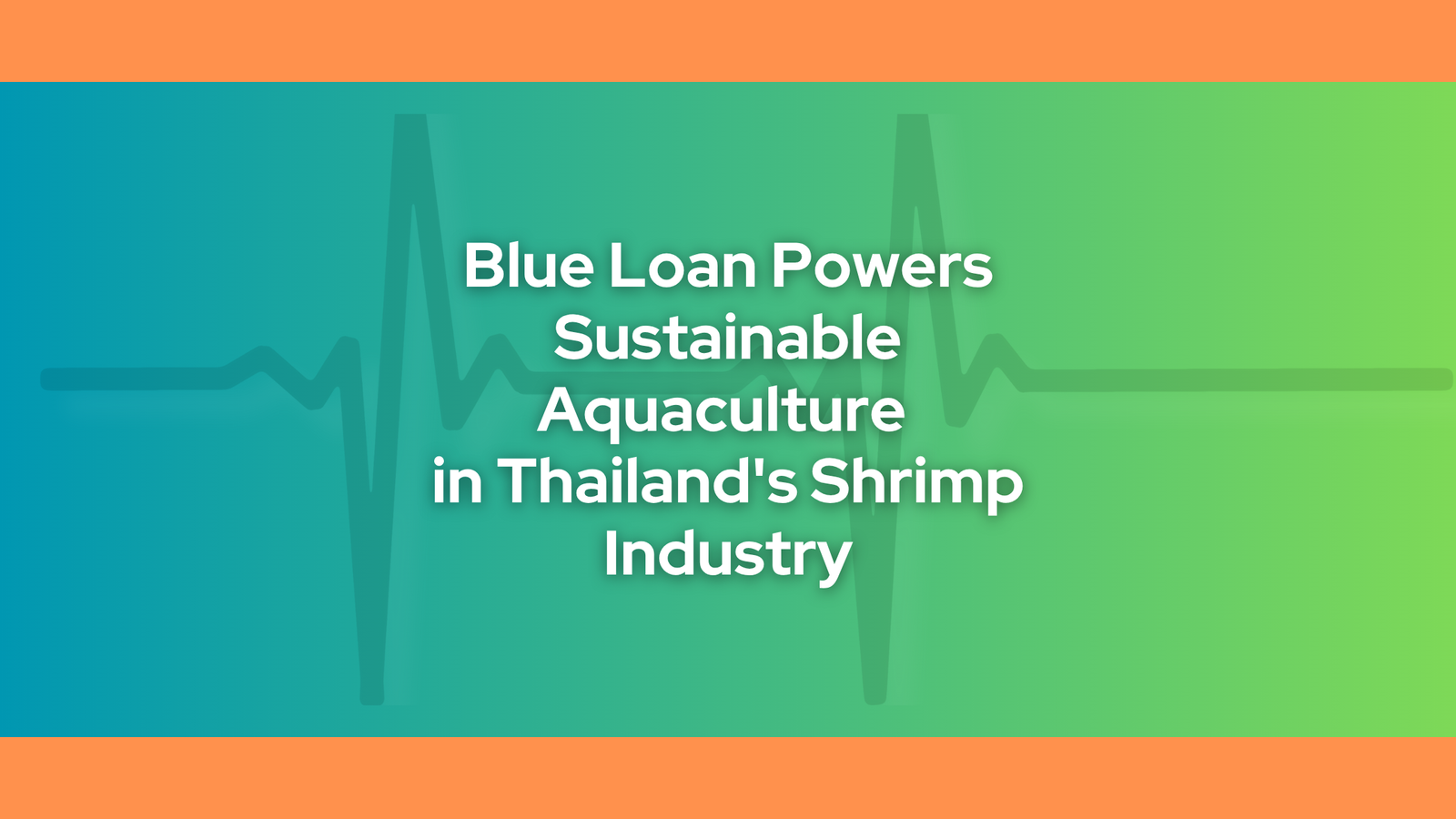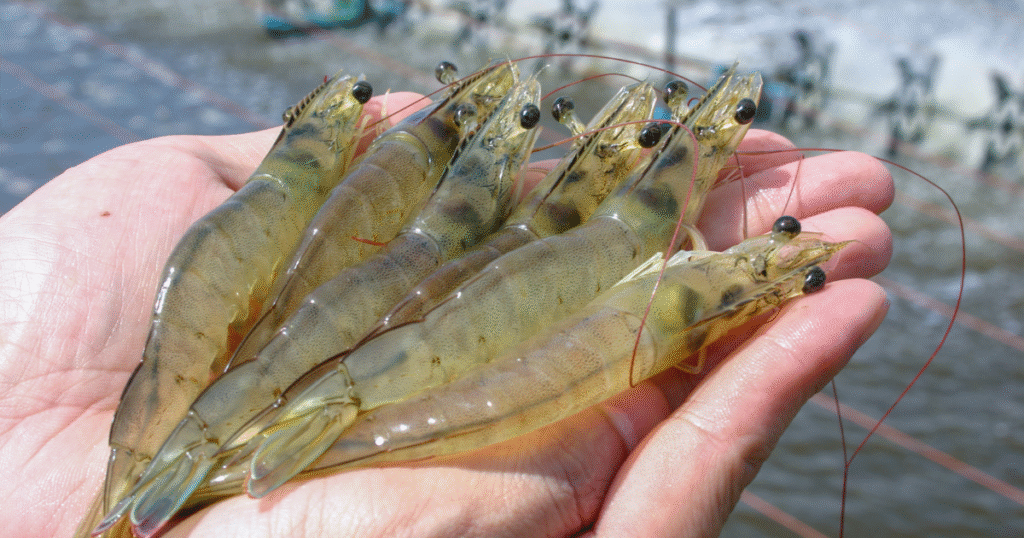
While Thailand is a paradise to many, its beauty and charm are not immune to the impacts of climate change. From rising temperatures to sea-level rise, flooding, and storms, Thailand is no stranger to the natural hazards brought about by climate change. With this, the country is taking a big step in building climate resilience while creating ocean-friendly food systems through sustainable aquaculture in Thailand.
According to a study by the University of British Columbia, aquaculture can significantly reduce carbon emissions while reducing food insecurity compared to other animal production methods. Furthermore, by giving millions of people worldwide access to low-carbon protein sources, aquaculture can significantly contribute to the mitigation of climate change, according to the study.

In May 2025, the Asian Development Bank (ADB) and Thai Union Group Public Company Limited (Thai Union) partnered to provide the nation’s first-ever sustainable aquaculture loan, totaling $150 million. The funding is under a blue financing agreement that emphasizes the preservation and sustainable use of the world’s water resources, including rivers, seas, and marine ecosystems.
ADB is the mandated lead arranger and bookrunner for this financing package. This agreement includes a $100 million syndicated B loan from Bank of China (Hong Kong) Limited, HSBC, MUFG Bank Ltd (Singapore), Oversea-Chinese Banking Corporation Limited, Sumitomo Mitsui Banking Corporation (Singapore), and United Overseas Bank Limited, in addition to $50 million from ADB’s regular capital resources.
The funding will cover operating costs for extension services like training, certification support, research and development, and sustainability pilot projects, as well as the Thai Union’s working capital needs for the acquisition, processing, and exportation of sustainable shrimp. Alongside the funding, a technical support grant will be given to shrimp producers to teach them resilience and functional financial literacy.
The initiative will help a part of Thai Union meet its long-term working capital requirements for its sustainable shrimp activities. This covers expenses for receivables and inventory, as well as costs associated with sustainability programs that assist farmers in increasing their output and bolstering their climate change resilience.
The project is in line with the 13th National Economic and Social Development Plan, which encourages equality, distributes opportunities, and lessens differences in income, wealth, accumulation, geographic location, and business competition to create a society of opportunities and fairness.

To qualify as sustainable, shrimp must earn certification from a Global Sustainable Seafood Initiative–approved body—such as the Aquaculture Stewardship Council or Best Aquaculture Practices—or come from a reputable Aquaculture Improvement Project. As of 2023, just 11.5% of shrimp worldwide have either Best Aquaculture Practices or Aquaculture Stewardship Council certifications.
ADB Country Director for Thailand Anouj Mehta pointed out how aquaculture provides more than half of the seafood worldwide, and the production is mainly in Asia. “However, the sector is exposed to risks, including pollution and increased pressure on overfishing and deforestation due to rising demand for aquafeed. This transaction is ADB’s first private sector loan for the agribusiness sector in Thailand and aims to improve the sustainability and resilience of the shrimp supply chain,” he added.
According to a 2020 MDPI article, Thailand was one of the top 25 nations in the world for fisheries production. In 2016, the Department of Fisheries reported that the aquaculture production in Thailand reached more than 0.9 million tons, 0.5 million tons of which were coastal aquaculture, while 0.4 million tons were freshwater aquaculture. Oysters, clams, mussels, shrimp, seaweed, and fish are all part of marine aquaculture
With the growing climate dangers and the growing demand for ethically sourced seafood, sustainable aquaculture in Thailand is at the intersection of purpose, policy, and innovation. The blue loan is a pledge to create a future in which people and the environment may prosper, not just a financial arrangement.